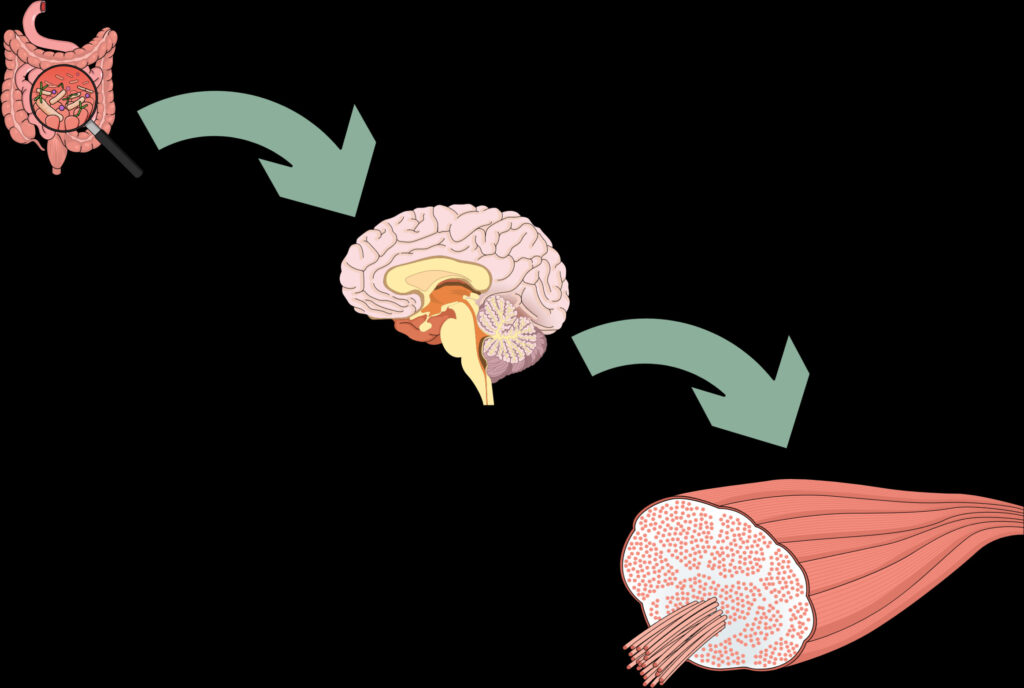Intestinal disaccharidase deficiency
5 surprising habits that ruin your absorption
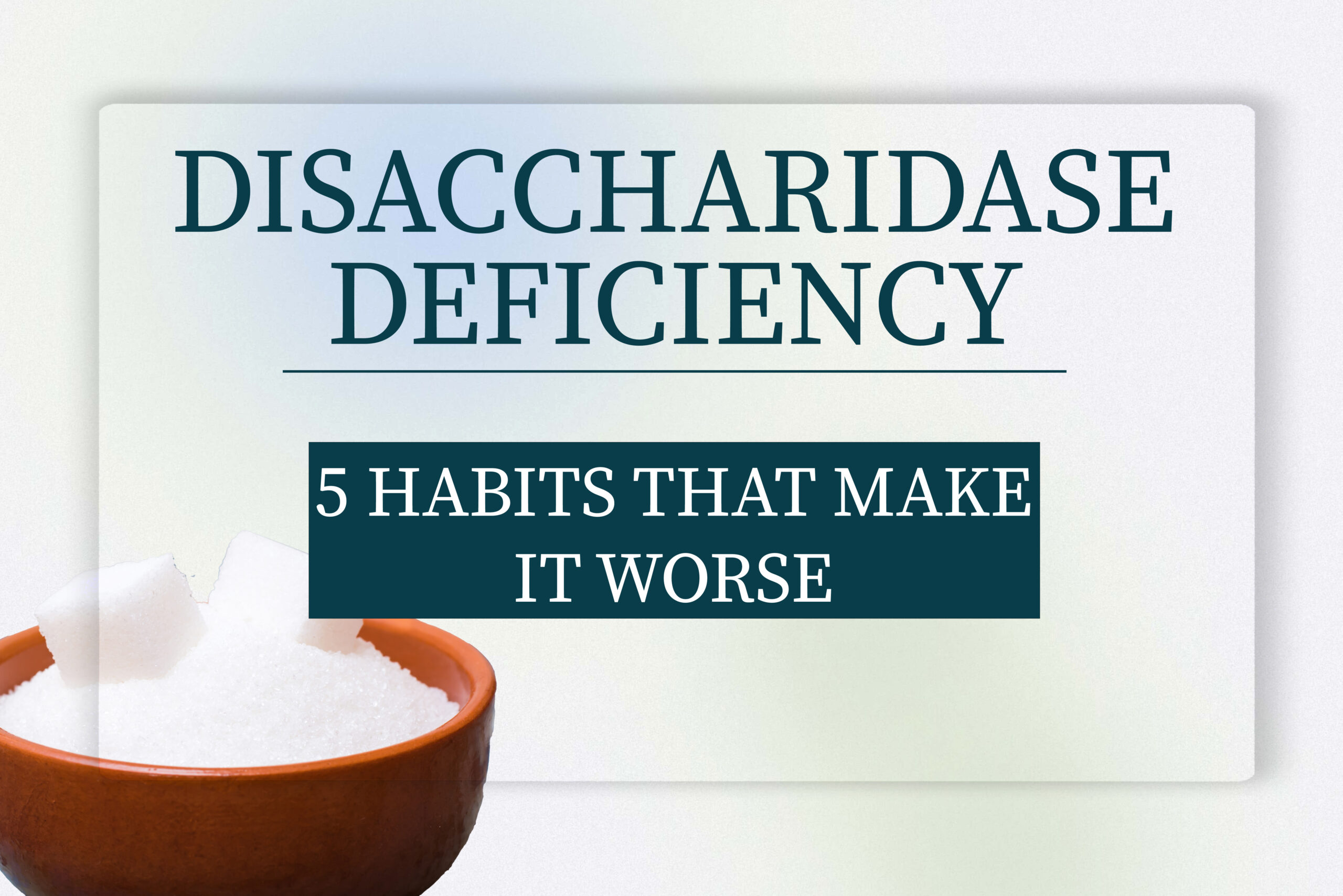
What is disaccharidase deficiency?
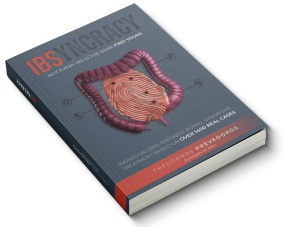
IBSyncrasy
Every IBS is unique
Disaccharidase deficiencies, particularly lactase deficiency, are common gastrointestinal disorders that affect both adults and children. Disaccharidases are enzymes that break down disaccharides, the complex sugars found in food. When the body does not produce enough of these enzymes, digestion becomes difficult and disaccharides remain undigested, leading to a range of gastrointestinal symptoms. Among disaccharidase deficiencies, lactase deficiency is the most prevalent, but maltase, palatinase, and sucrase deficiencies are not uncommon.
Symptoms of disaccharidase deficiencies may include gas, bloating, abdominal cramps, diarrhea or constipation, and other digestive issues. If left untreated, these conditions can lead to malnutrition and other severe health problems.
According to statistics, up to 70% of people worldwide experience some form of lactase deficiency. Diagnosing disaccharidase deficiencies is typically done through a biopsy or breath test. While there is no cure for lactase deficiency, there are methods to manage its symptoms.
5 surprising factors aggravating disaccharidase deficiencies

IBSyncrasy
Every IBS is unique
Besides the inability of the intestinal enzymes to break down disaccharides, several additional factors may aggravate the symptoms within the context of this deficiency. Here are 5 of them and specific tips to help your absorption:
Increased osmotic events due to indigested foods
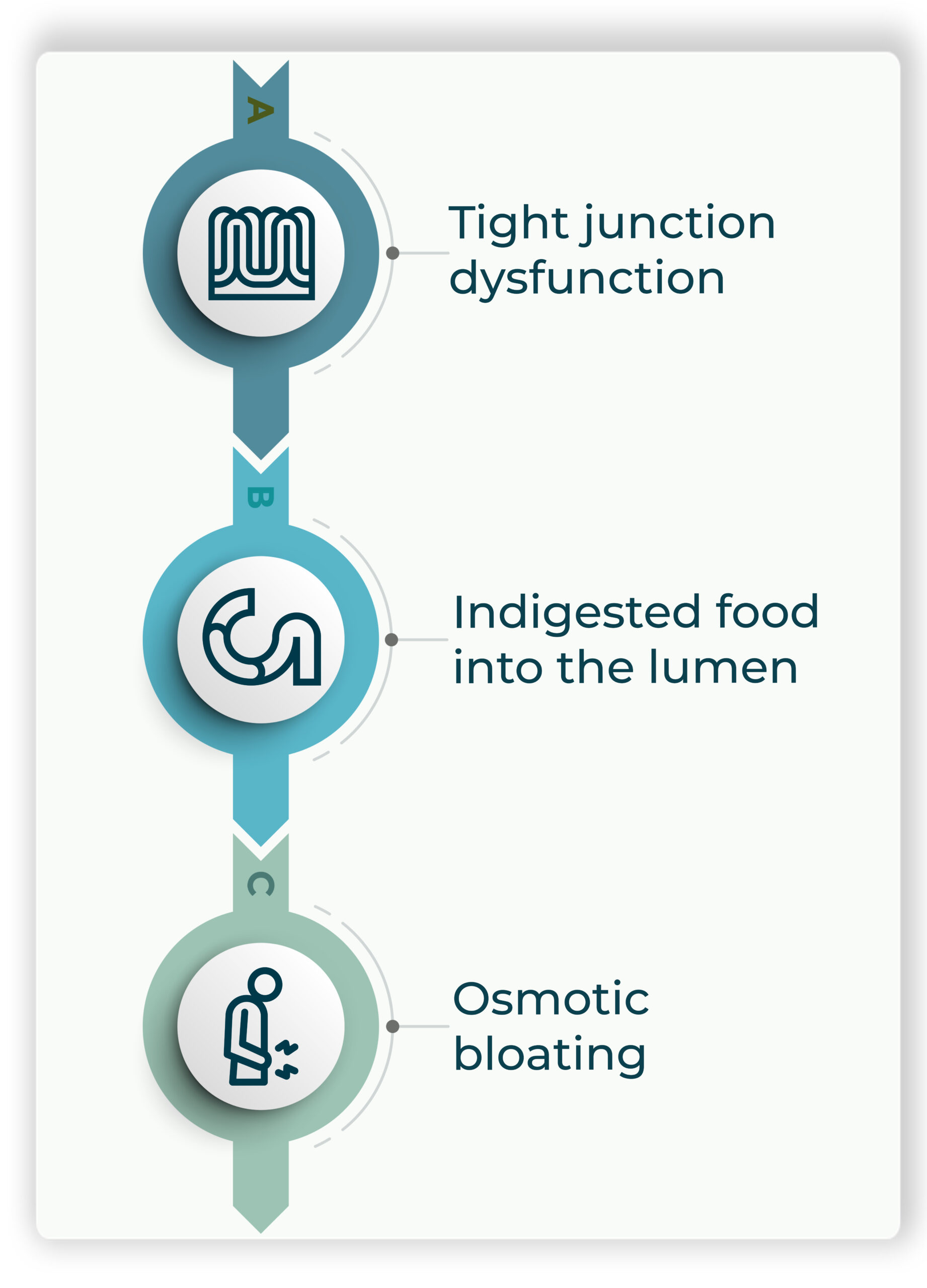
Mechanism

IBSyncrasy
Every IBS is unique
Intervention

IBSyncrasy
Every IBS is unique
The introduction of supplementary external enzymes, such as lactase supplements, enhances the metabolism of disaccharides. This effectively circumvents the malfunctioning endogenous disaccharidase activity present in the duodenum and as a result, supports the normal digestion process of carbohydrates.
Enterocyte damage due to foodborne arsenic
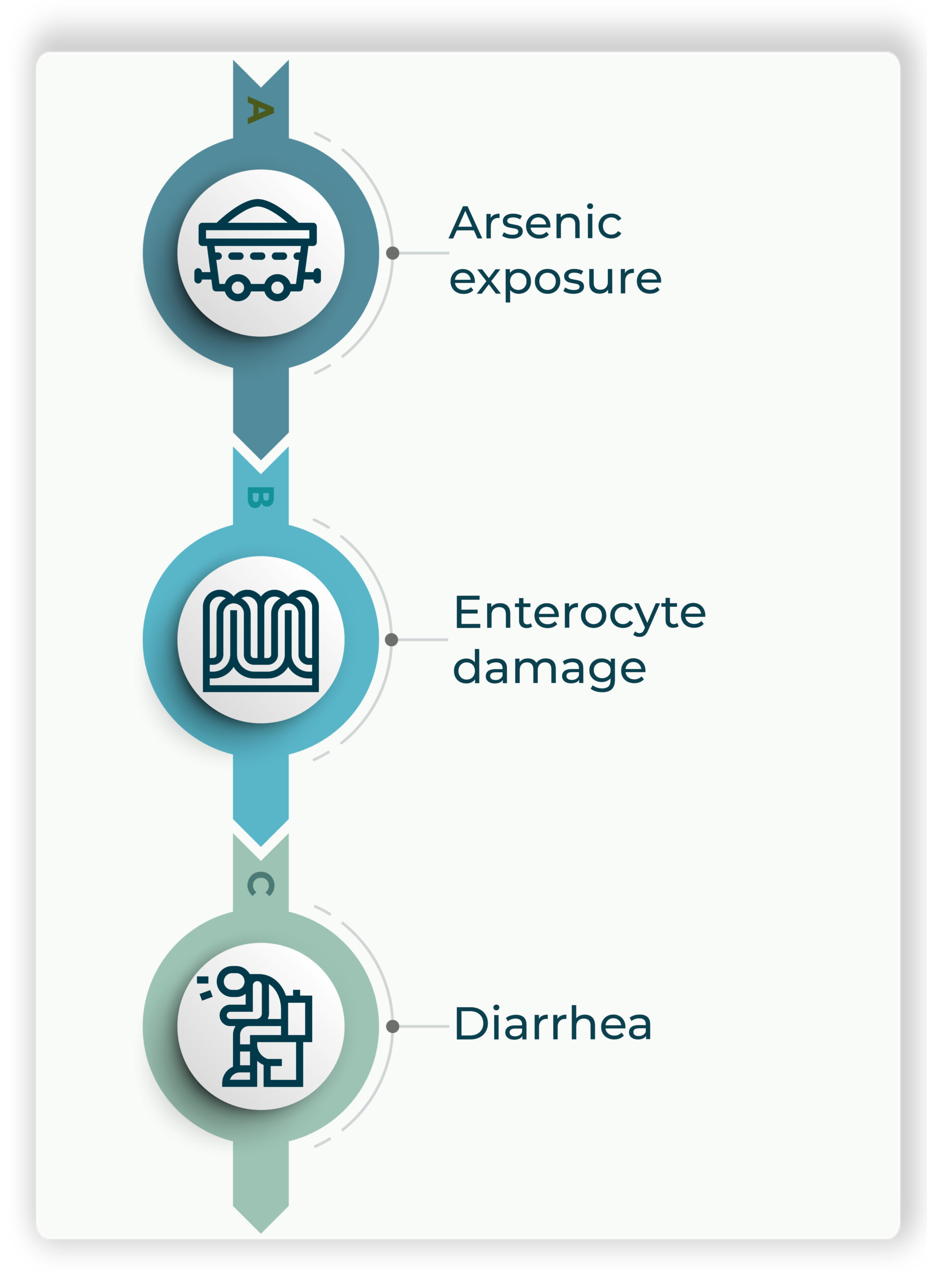
Mechanism

IBSyncrasy
Every IBS is unique
Intervention

IBSyncrasy
Every IBS is unique
- Reduce dietary arsenic intake by avoiding high-arsenic foods such as rice.
- Consider installing a water filtration system at home.
- Supplement diet with antioxidants like vitamin C and E to protect the brush border on the enterocyte membrane
- Regularly monitor for arsenic levels.
Reduced gut blood flow from overtraining
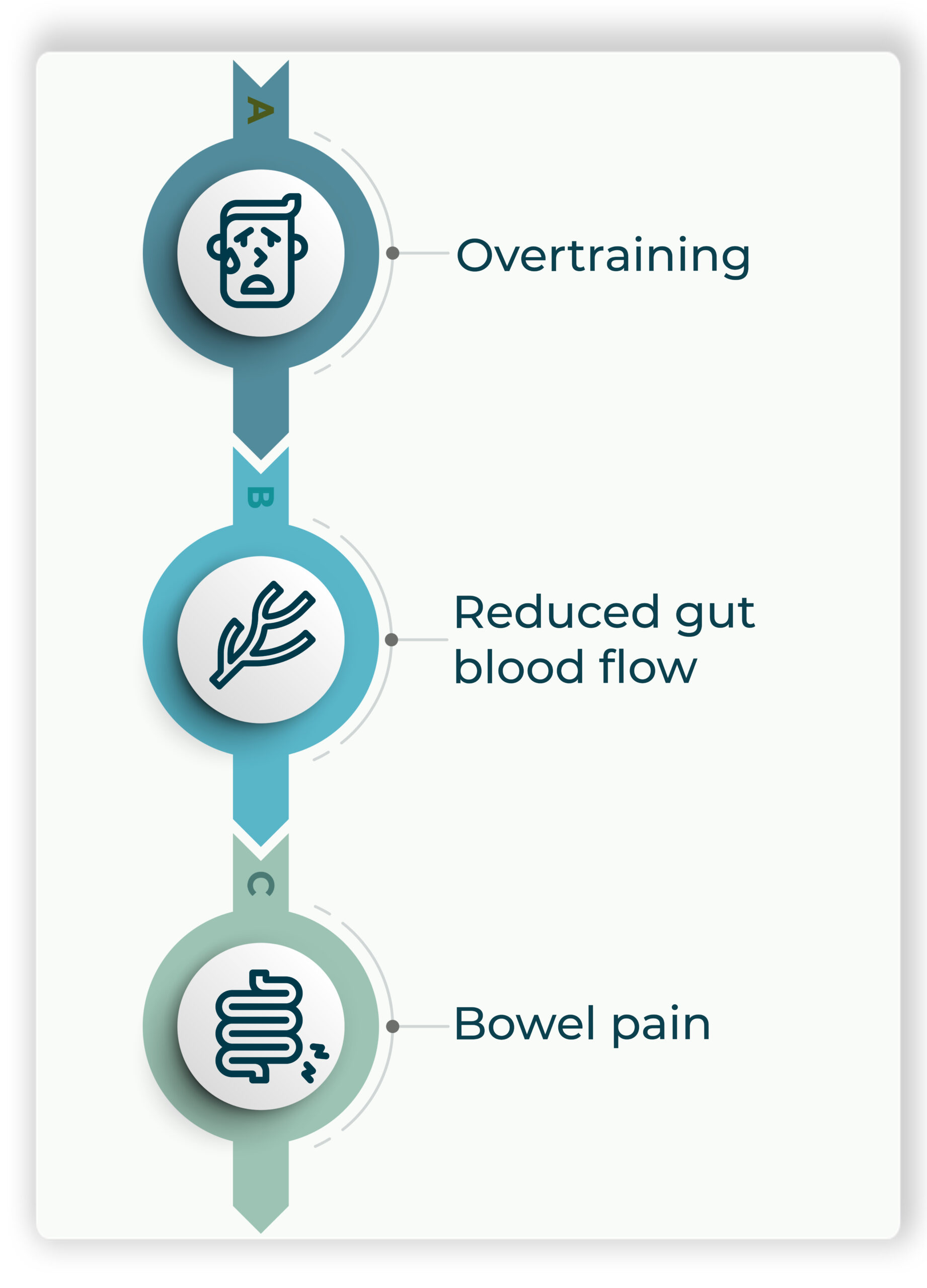
Mechanism

IBSyncrasy
Every IBS is unique
Intervention

IBSyncrasy
Every IBS is unique
Uphold a moderate level of exercise intensity, steering clear of overtraining.
Integrate rest days into your fitness regimen.
Ensure appropriate hydration and nutrition before and post-workout sessions.
Adopt a practice of consuming smaller, frequent meals as opposed to large ones.
Be observant of your body’s reaction to physical exertion and modify your routine as needed, ensuring the health of the mucosal lining of the colon.
Overfermentation of starch due to late dinners
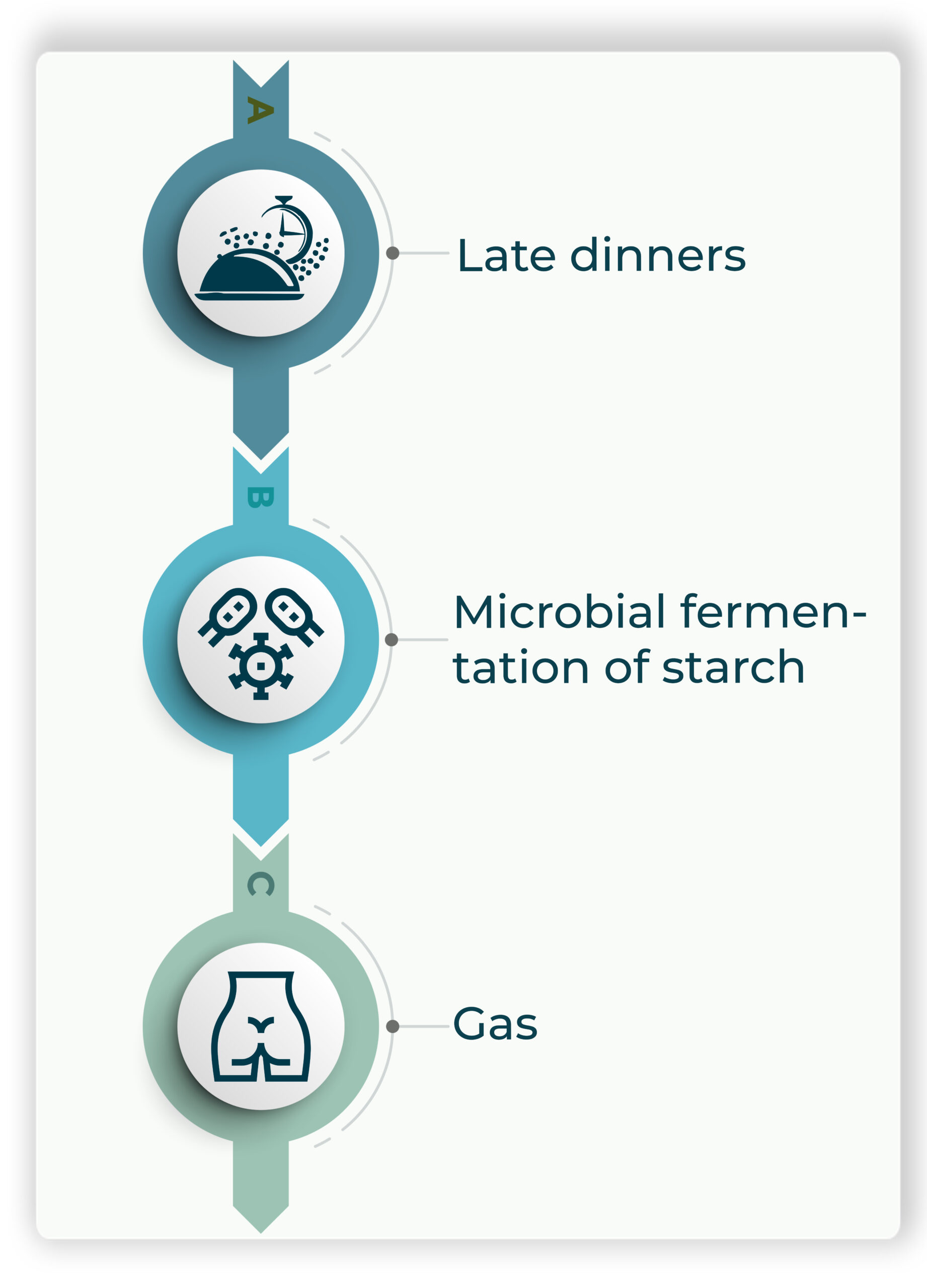
Mechanism

IBSyncrasy
Every IBS is unique
Intervention

IBSyncrasy
Every IBS is unique
- Steer clear of late-night dinners; strive to finish your meals 3-4 hours before sleep time.
- For your evening meal, opt for foods that are easily digestible, reducing the intake of complex carbohydrates that break down into glucose.
- Incorporate both probiotics and prebiotics into your diet to nurture a healthy gut microbiome, thereby diminishing microbial fermentation.
- Exercise portion control to prevent overeating during nighttime
- Adhere to a consistent meal schedule to align with your body’s circadian rhythm, ensuring optimal monosaccharide absorption.
Reduced gut motility from sedentary lifestyle
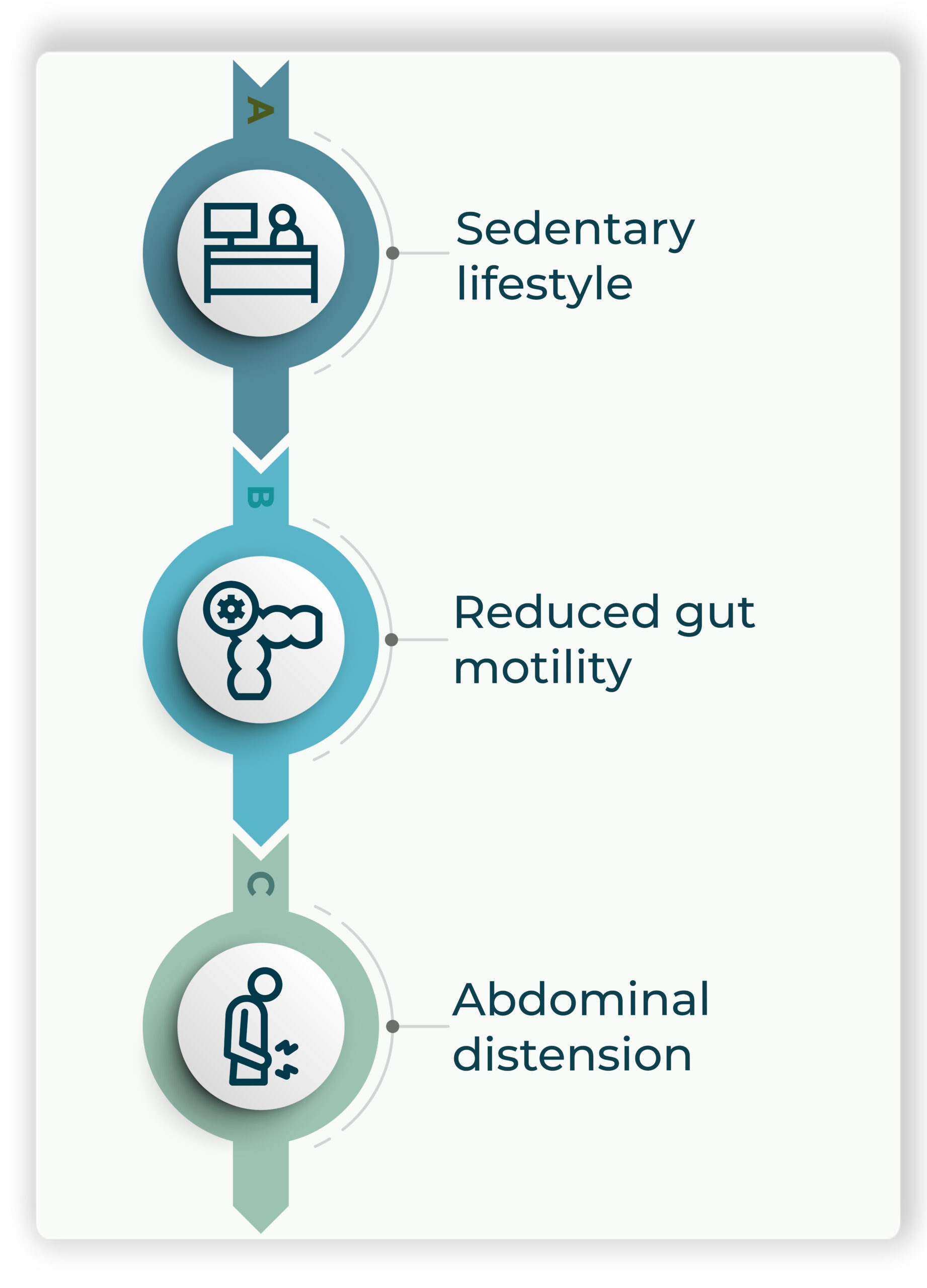
Mechanism

IBSyncrasy
Every IBS is unique
Intervention

IBSyncrasy
Every IBS is unique
- Make it a point to participate in routine physical exercise, like walking, cycling, or swimming, to boost intestinal motility.
- If your job involves sitting at a desk, make an effort to stand or move around every hour.
- Integrate foods high in fiber into your diet to promote better gut motility.
- Partake in yoga or stretching activities, which can aid in triggering bowel movements.
- Ensure you’re adequately hydrated to facilitate intestinal function.
- Preserve regular meal times to encourage consistent bowel movements.
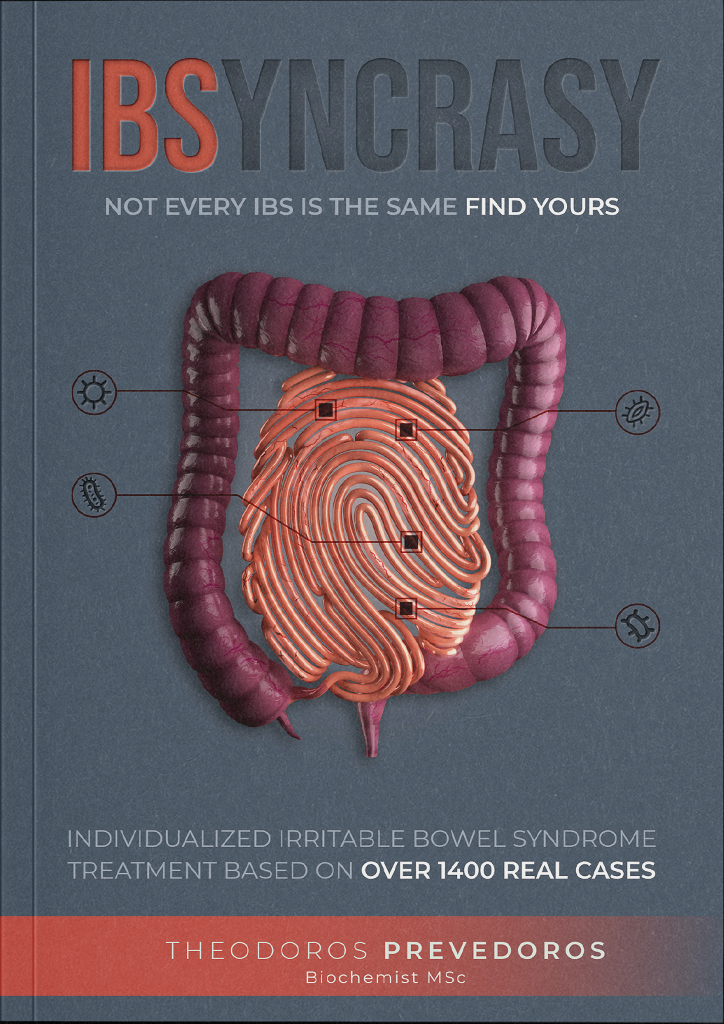
FAQ
Which foods are high in disaccharides?
- Sugary foods and sweets: Sucrose, is the main component of table sugar and is also found in high amounts in sweets and desserts.
- Dairy products: Lactose is a disaccharide found in milk and other dairy products.
- Certain fruits: Some fruits, like bananas and dates, contain relatively high amounts of the disaccharide sucrose.
- Processed foods: Many processed foods contain added sugars, which often include disaccharides.
- Certain grains: Maltose, another type of disaccharide, is found in some grains and is also produced when certain foods are cooked or processed.
- Honey: Honey is rich in disaccharides.
- Certain vegetables: Some root vegetables, like beets and carrots, contain sucrose.

With a background in Chemistry and Biochemistry from the National and Kapodistrian University of Athens, Theodoros brings a wealth of knowledge in functional medicine and advanced treatments to his role. He possesses exceptional skills in analysis, pattern recognition, diagnostic translation, and storytelling. He is also FMU certified in Functional Medicine and has received training in advanced treatments from the Saisei Mirai Clinic in Japan.


